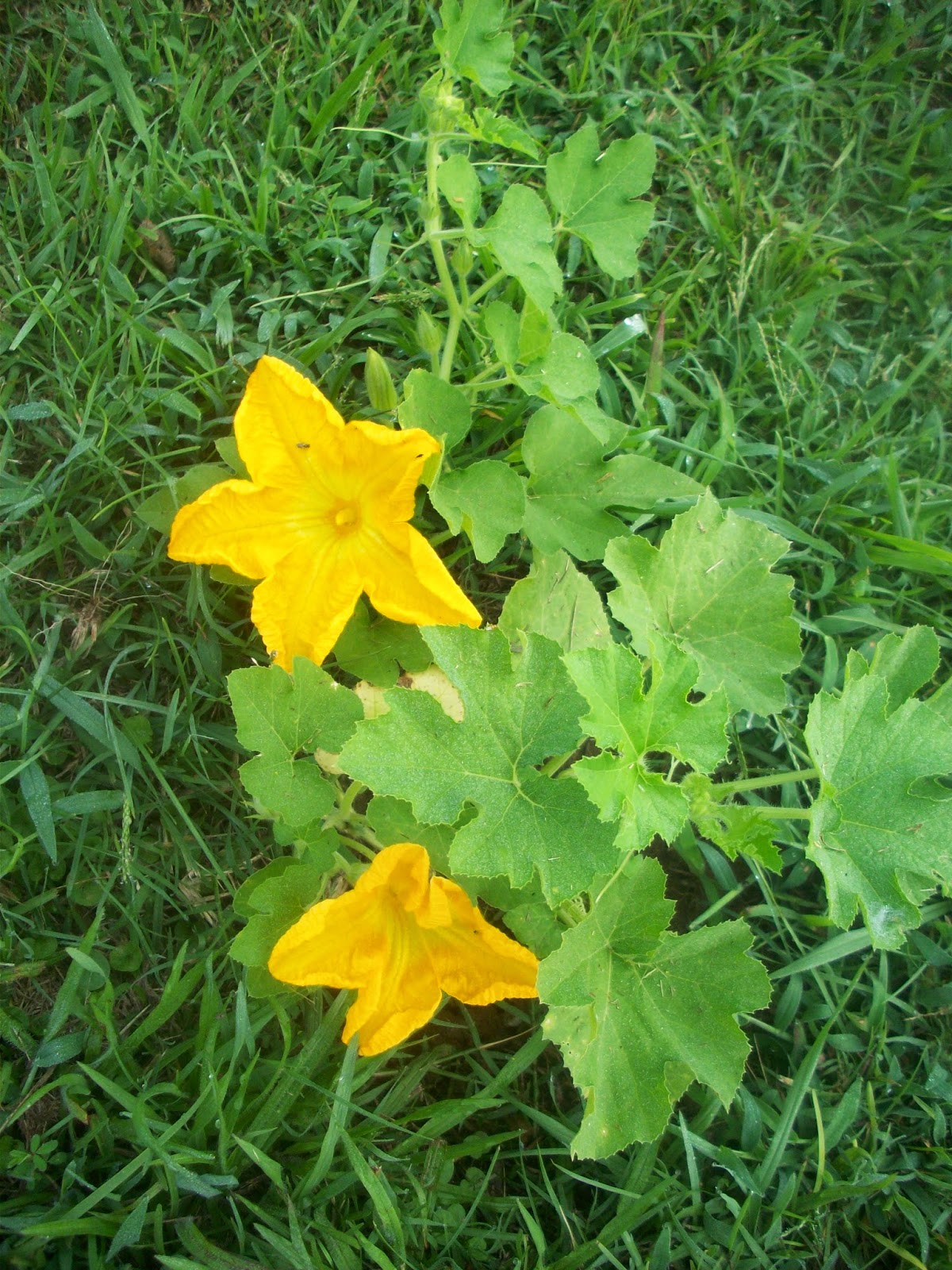As we have mentioned in some of our previous posts, we are going to be keeping bees on our property starting next year. It’s going to be a lot of work and time consuming but having bees on our property will be well worth it. The benefits of beekeeping go far beyond having an abundant supply of honey and wax for your homestead.
Currently there is a worldwide honeybee crisis that is not fully understood or even cared about by common folk. Colony Collapse Disorder (CCD) remains a giant mystery to researchers and beekeepers even to this date and it appears that wild colonies are becoming all but extinct. I often ask people near where I live if they ever see any honeybees around their crops but most of them can’t recall the last time they have seen a honeybee pollinating their plants. This is a serious problem because honeybees are the most efficient pollinators; if you keep bees on your land you can see an increase in crop yield three fold! It has been said that if all of the honey bees go extinct that human life will cease to exist within four years because there will not be sufficient pollination of crops to support the agricultural industry.
We thought it would be a lot of fun for our son to have a pumpkin patch on our property so we planted a row of pumpkin vines and we look forward to harvesting them this fall with friends and family. But one thing I didn’t know about pumpkin vines is that their flower only remains open for twenty-four hours meaning that it only has one day to be pollinated to produce a pumpkin before the opportunity is lost. Next year when we keep bees this won’t be an issue but right now I’m not sure if we will have a good pumpkin harvest this fall as I haven’t seen too many honey bees on our property, only the occasional sighting. As a gauge I frequently check our butterfly bushes for honeybees but I haven’t seen any lately.
If you own land or a homestead I encourage you to keep bees on your property. Doing so will increase your crop yield and you will be a part of saving the bees. We plan to write a lot about our experiences with beekeeping next year and I hope that you will join us and/or chime in with your advice or questions. Thanks for reading!


No comments:
Post a Comment